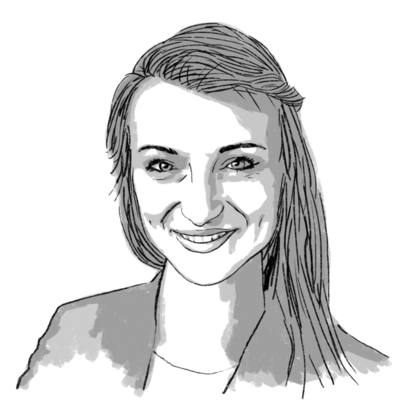Error loading media: File could not be played
00:0000:0000:00
00:00
 Eva Botkin-Kowacki
Eva Botkin-Kowacki
Today’s five hand-picked stories examine the rural-suburban trade-off in U.S. politics, the unifying power of protests, the tales of those jailed in East Germany on the anniversary of the fall of the Berlin Wall, what the 25th Amendment has to do with impeachment, and what meatless burgers say about the mainstreaming of green viewpoints.
First: Texting and technology are often seen as divisive forces increasing isolation in society. But recently, a different kind of story went viral.
Chastity Patterson, a young woman from Arkansas, posted on Facebook that she had been texting her dad’s phone number since he died four years ago. She’d never received a reply – until the day before the anniversary of his death. The answer: “Hi sweetheart, I am not your father, but I have been getting all your messages for the past 4 years. ... My name is Brad and I lost my daughter in a car wreck August 2014 and your messages have kept me alive.”
Earlier last month, BBC News reported a similar story about two women who supported each other via text message through family illness and loss after one texted the former phone number of her late brother. There have also been stories of wrong-number texts launching fundraisers for a wedding, hospital bills, and diapers for a newborn.
In an age where most social interactions are typed, researchers, essayists, and podcasters alike have pondered whether this mode of communication affects our capacity for emotional connection.
“Verbal communication is unique,” Leslie Seltzer, a biological anthropologist at the University of Wisconsin-Madison, told Vice last year. Technology and nonverbal communication aren’t necessarily bad, but the added texture of vocal inflection and facial expressions represents signals we use to feel close with each other.
Still, friendly text exchanges between strangers suggest that humanity’s desire to connect and capacity to care about one another remains strong – no matter how we “meet.”

Our name is about honesty. The Monitor is owned by The Christian Science Church, and we’ve always been transparent about that.
The Church publishes the Monitor because it sees good journalism as vital to progress in the world. Since 1908, we’ve aimed “to injure no man, but to bless all mankind,” as our founder, Mary Baker Eddy, put it.
Here, you’ll find award-winning journalism not driven by commercial influences – a news organization that takes seriously its mission to uplift the world by seeking solutions and finding reasons for credible hope.
Explore values journalism About us